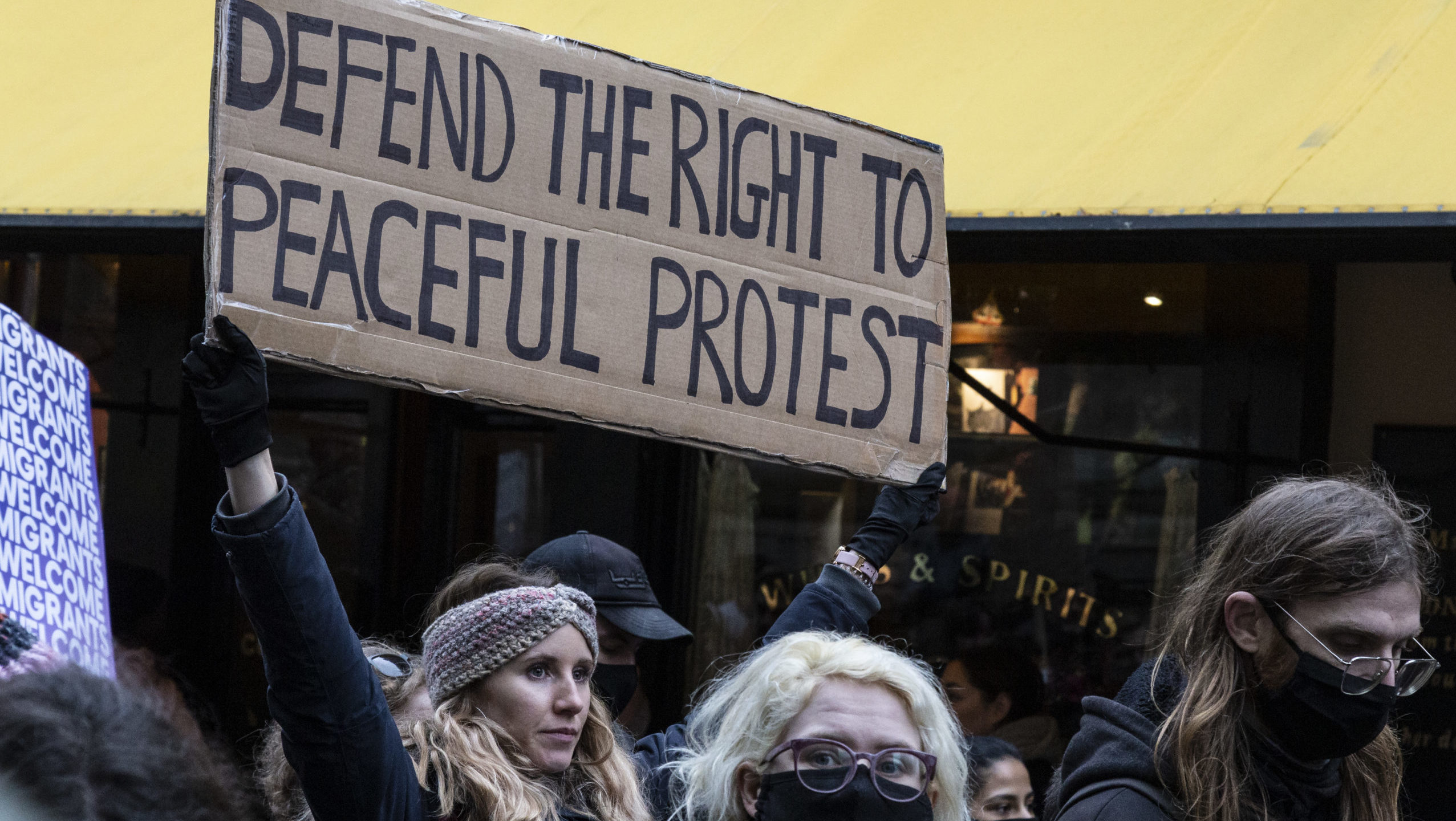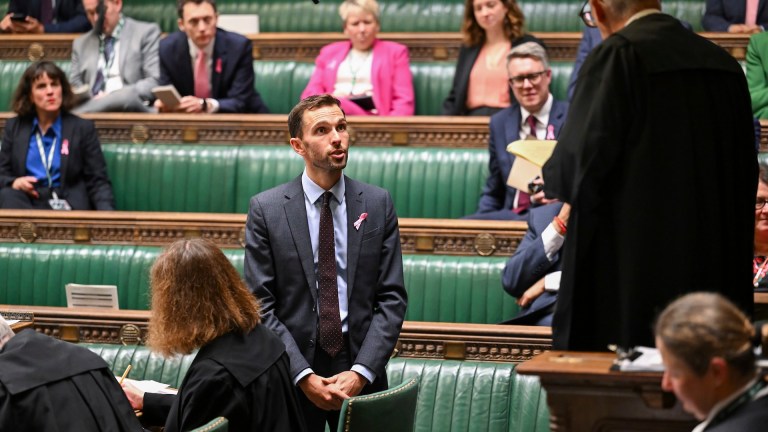When I think about protest, I often think about Big Power for Little London, a community campaign near where I grew up in Rotherham. Little London residents are at the forefront of protests challenging inequality locally and demanding accountability from wealthy landlords who leave buildings derelict.
They’ve marched to the local town hall to deliver petitions to council leaders, projected films onto derelict buildings to take a stand against rogue landlords, and been a key local voice in the successful campaign to end no-fault evictions.
When we want to challenge injustice and change our society for the better, protest is one of the ways we make that happen. And the public know it, with nine out of 10 people believing that everyone has the right to voice their opinion and raise awareness on the issues they care about. The public overwhelmingly supports the right to protest.
- ‘We are sick and tired’: Hundreds of renters demand ‘rent controls now’ in Christmas protest
- Farmers have every right to complain – but their gripes are being hijacked by right-wing chancers
Yet, governments have tried to make protest a dirty word in recent years. Successive governments have ushered in measures that restrict our fundamental right to protest, framing those of us who go out and make our voices heard as troublemakers, criminals, or even threats to national security.
From climate protesters sent to prison for joining a Zoom call to anti-monarchy activists held in police custody for simply carrying placards, we’ve seen the chilling effects of legislation like the Police, Crime, Sentencing and Courts Act 2022 and the Public Order Act 2023 unfold before our eyes over the past few years.
But, despite the rhetoric of governments that would make us think otherwise, our history is filled with examples of protests that have driven positive change across our society. The suffragettes weren’t just a thorn in the establishment’s side; they secured votes for women. LGBTQ+ activists who pushed for the repeal of Section 28 abseiled into the House of Lords to challenge homophobic legislation in a way that couldn’t be ignored.









